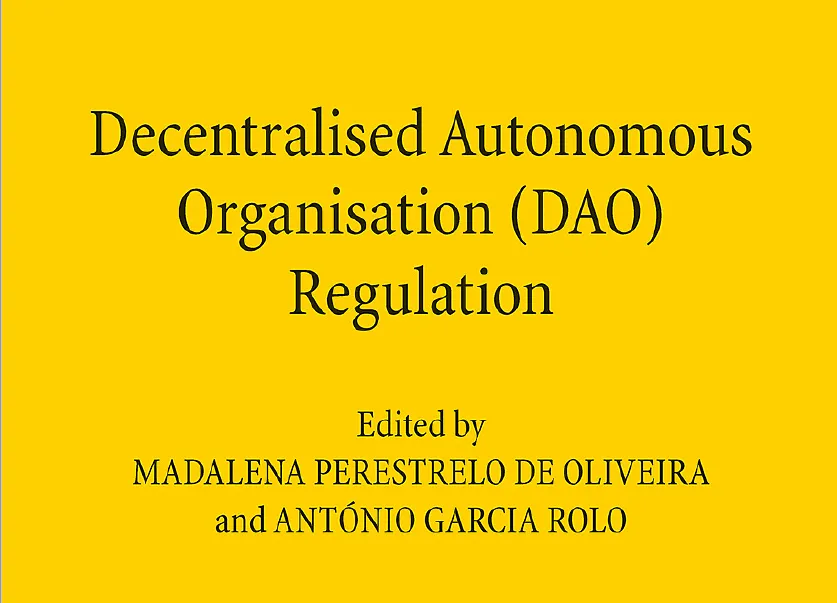Conhecimento
Publicações

10 Set 2024
The Case for Taxing DAOs - Challenges, Methods and Impossibility

António Rocha Mendes
Sócio

Ficheiro PDF
Download
This article authored by António Rocha Mendes is a chaper of the book "Decentralised Autonomous Organisation (DAO) Regulation - Principles and Perspectives for the Future ".
The article explores the rationale for imposing taxes on decentralized autonomous organizations (DAOs) while highlighting the unique challenges posed by their lack of centralized structure and geographical location. Despite similarities to traditional corporations, the decentralized nature of DAOs complicates taxation within existing frameworks designed for entities with identifiable locations. The first section argues for taxing DAOs based on principles of equality and the ability to pay, emphasizing parallels with traditional business operations and the need for income tax on generated profits.
The second section delves into the challenges of taxing DAOs within the current international tax system, considering the limitations of existing frameworks for brick-and-mortar businesses and the complexities introduced by the digital economy. The article anticipates increased scrutiny of DAOs in the future despite their stateless and decentralized operation. The third section proposes potential methods for taxing DAOs’ income, evaluating the feasibility of taxing the DAO directly or its participants. However, enforcing taxation on participants in different sovereign countries poses significant challenges, requiring international cooperation and effective audit mechanisms. In conclusion, the article acknowledges the compelling case for taxing DAOs but emphasizes the inadequacy of current tax systems for entities operating in a decentralized manner, presenting a complex issue that demands innovative solutions within the global regulatory landscape.
Read the full article here.